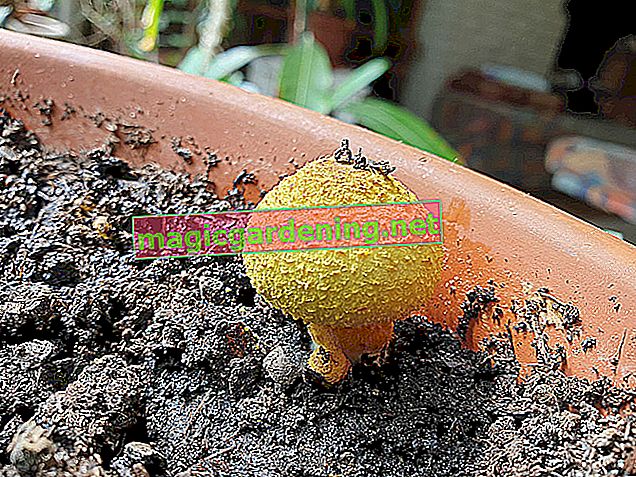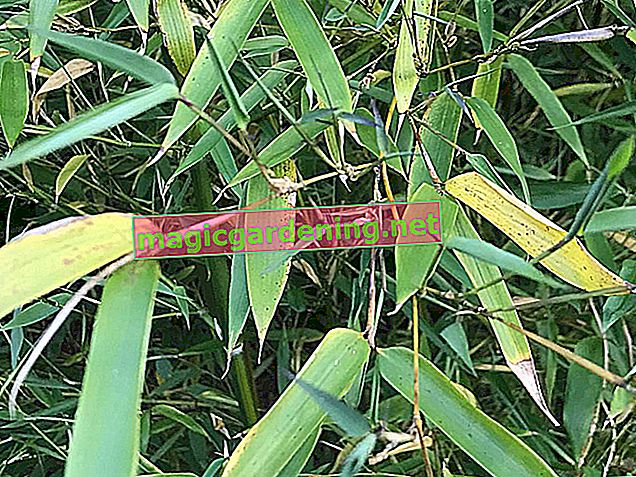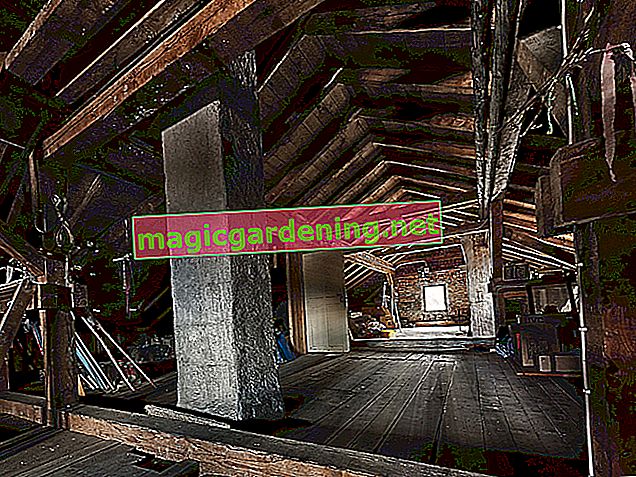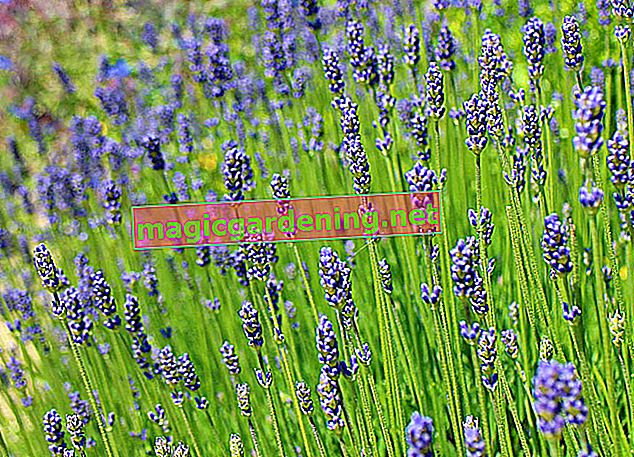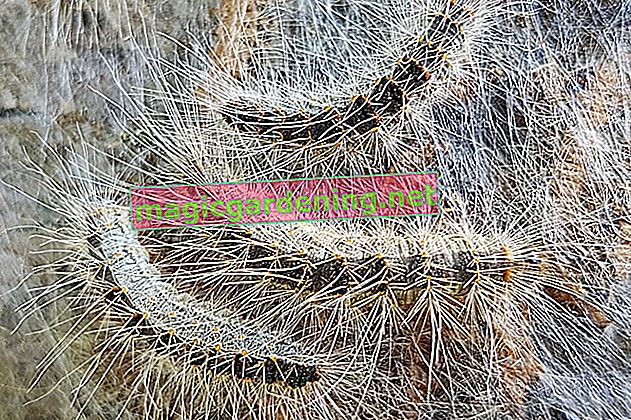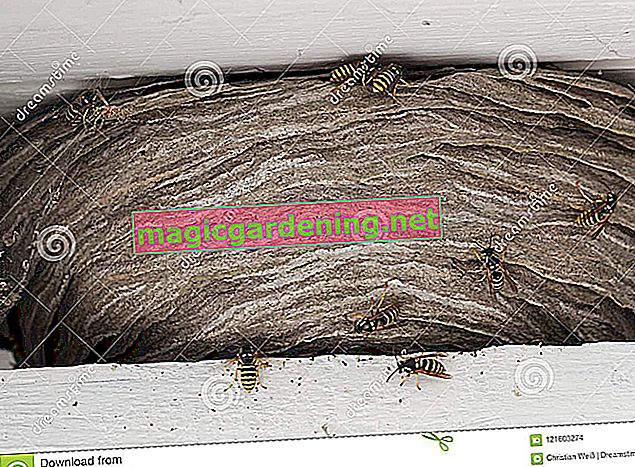
Wasps nesting under the pavement
Anyone who continuously observes sand joints at one point in the pavement of their driveway or courtyard is often dealing with ants. However, these are easy to identify by their busy crawling out and in. If there is no clear indication of the culprit, the underground inhabitants may be less conspicuous. On closer observation, you may be able to spot flying insects flying in and out - then the building under the pavement is very likely to belong to a digger wasp colony.
also read
- When wasps nest in the ground
- Wasps under roof tiles
- Are earth wasps under nature protection?
Digger wasps belong to the group of wasps commonly known as earth wasps - because they build their nests underground. If you are unlucky, they will also choose the sandy bottom under your pavement and dig numerous entrances to their breeding grounds. The digger wasps include, for example, the sand wasp, the wasp or the beewolf.
Nesting under the pavement can of course cause damage. Because the sand bed underneath is undermined and can therefore sag in places.
Interim balance:
- Constant heaps of sand in the joints between paving stones can indicate digger wasps
- The digger wasps include sand wasps, gyroscopic wasps and beeswolf
- Undercut plaster can lead to sagging
Long-term measures needed
Particularly problematic with wasps (which look very similar to bees) is their location loyalty. This means that they like to nest in the same location year after year, unlike other earth wasp species such as the hornet, the common or the German wasp. That is why it is not enough to just open the pavement in autumn, when the digger wasp nest is orphaned, and level the sand base again. It should also be consolidated and compacted with a slightly moist substrate, because digger wasps only like dry, sandy soil for nesting.
If you can somehow live with the digger wasps and maybe a slightly crooked pavement in one place, you should. Even if digger wasps are not protected, control is not advisable given their beneficial properties and their contribution to the ecological balance in the garden.



